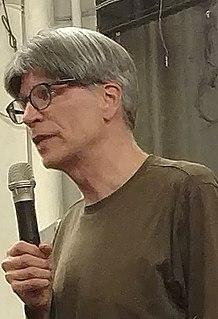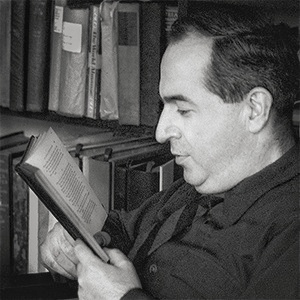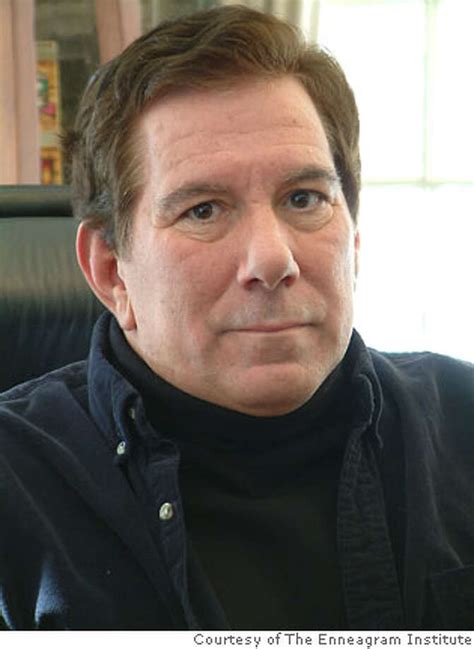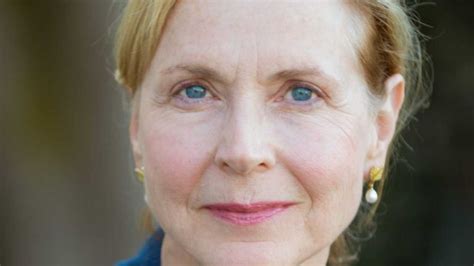A Quote by Julia Serano
Sometimes we do that to ourselves -- we pit our desires against one another. We insist unnecessarily on seeing one aspect of our personality as being at odds with the rest of ourselves.
Related Quotes
The misfortune of others is our misfortune. Our happiness is the happiness of others. To see ourselves in others and feel an inner oneness and sense of unity with them represents a fundamental revolution in the way we view and live our lives. Therefore, discriminating against another person is the same as discriminating against oneself. When we hurt another, we are hurting ourselves. And when we respect others, we respect and elevate our own lives as well.
But how can we love someone if we don't like him? Easy-we do it to ourselves all the time. We don't always have tender, comfortable feelings about ourselves; sometimes we feel foolish, stupid, asinine, or wicked. But we always love ourselves: we always seek our own good. Indeed, we feel dislike toward ourselves, we berate ourselves, precisely because we love ourselves; because we care about our good, we are impatient with our bad.
Because crime stories reveal an aspect of our personality that everybody has, but which we normally keep very deeply hidden. We like to talk about the good sides of ourselves. We don't like to talk about our hatreds, our distrusts of one another, our secrets, but crime stories drag those things to the surface and consequently they fascinate people and always have throughout all history.
It is difficult to see ourselves as we are. Sometimes we are fortunate enough to have good friends, lovers or others who will do us the good service of telling us the truth about ourselves. When we don't, we can so easily delude ourselves, lose a sense of truth about ourselves, and our conscience loses power and purpose. Mostly, we tell ourselves what we would like to hear. We lose our way.
We insist on being Someone, with a capital S. We get security from defining ourselves as worthless or worthy, superior or inferior. We waste precious time exaggerating or romanticizing or belittling ourselves with a complacent surety that yes, that’s who we are. We mistake the openness of our being—the inherent wonder and surprise of each moment—for a solid, irrefutable self. Because of this misunderstanding, we suffer.






































